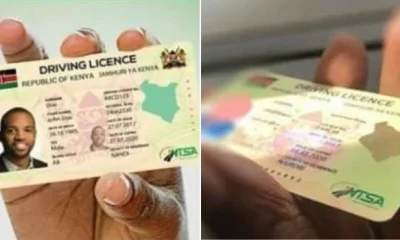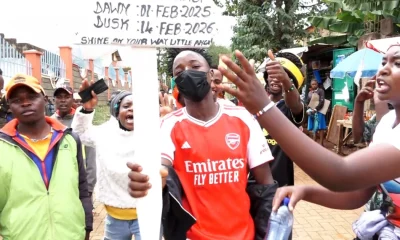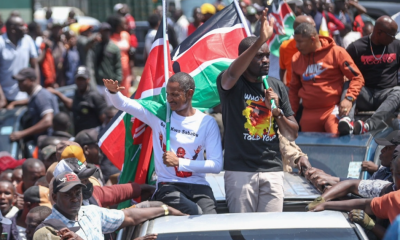News
Kenyan Activist Hussein Khalid Faces Backlash Over Criticism of Anti-Terror Police Tactics
Human rights activist Hussein Khalid has come under fire from fellow Kenyans after posting a video criticizing Anti-Terrorism Police Unit (ATPU) officers for conducting identity checks while dressed in casual and military-style clothing, igniting a heated debate over police protocols and officer safety.
ALSO READ: Over 20,000 Kenyans Sign Petition Demanding Investigation into Tanzania Post-Election Violence
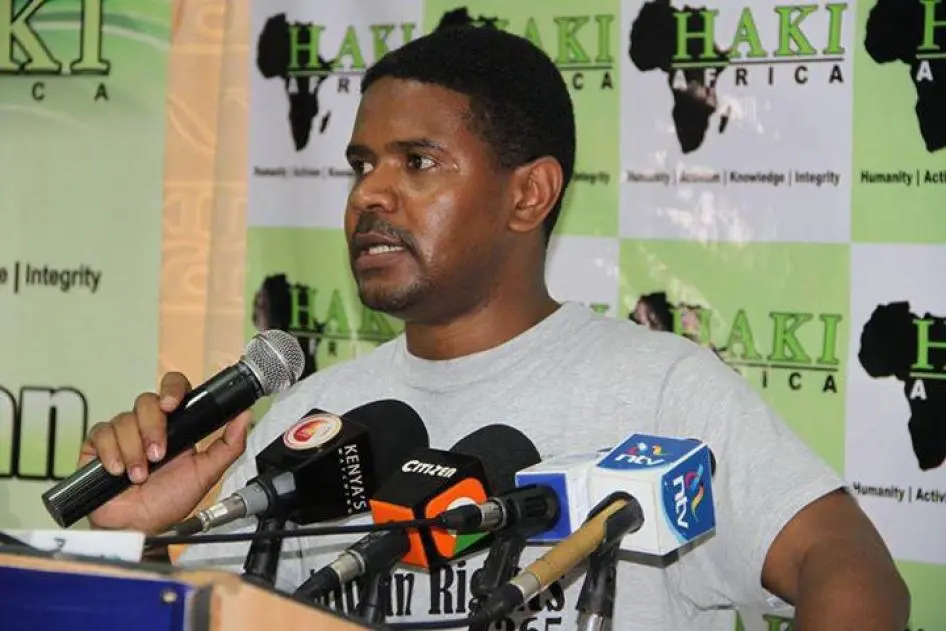
Khalid shared footage showing ATPU officers in camouflage shirts and face coverings conducting roadside checks near a black SUV in a coastal area of Kenya. The activist argued that the officers’ dress code violated a court ruling mandating that police officers engaging with the public must wear official uniforms and keep their faces visible for identification purposes.
“These officers are in clear violation of established court orders designed to protect citizens’ rights,” Khalid stated in his post, which quickly went viral on social media platforms.
However, the criticism has triggered significant pushback from Kenyans who accuse Khalid of “speaking without thinking” about the operational realities facing counter-terrorism units. Critics argue that the activist failed to consider the unique security challenges faced by officers working in high-risk environments.
Counter Terrorism Policing has defended the practice, citing officer safety as paramount. Officials explained that officers working on terrorism and drug smuggling cases face severe threats to their lives and those of their families, making anonymity a critical protective measure.
“Our officers operate in extremely dangerous environments where they face threats from terrorist networks and organized crime syndicates,” a Counter Terrorism Policing spokesperson said. “Revealing their identities could compromise ongoing operations and put both officers and their families at grave risk.”
The coastal region of Kenya has been a focal point for counter-terrorism operations, with authorities battling threats from extremist groups and confronting sophisticated drug trafficking networks that use the area as a transit point. Officers working these cases often gather intelligence and conduct operations that require maintaining their anonymity to remain effective.
Legal experts note that while court rulings have indeed established guidelines for police conduct during public interactions, there may be provisions for specialized units operating under specific security circumstances. The tension between transparency requirements and operational security needs remains a grey area in Kenyan law enforcement policy.
Social media users have split sharply on the issue. Supporters of Khalid maintain that accountability and adherence to court orders are non-negotiable, regardless of the unit involved. They argue that exceptions to transparency rules can create opportunities for abuse and make it difficult for citizens to report misconduct.
“If we allow some officers to operate without identification, where do we draw the line?” asked one supporter of Khalid’s position.
Conversely, critics accuse the activist of being out of touch with security realities and potentially endangering officers by drawing attention to their operational methods. Some have questioned whether Khalid’s public posting of the video itself compromised an active operation.
“Hussein needs to understand that not every situation calls for the same approach,” wrote one Twitter user. “These officers are hunting terrorists, not directing traffic.”
This is not the first time Khalid, who heads the human rights organization Haki Africa, has found himself at the center of controversy over police accountability issues. He has been a vocal critic of extrajudicial killings and police brutality in Kenya, particularly in coastal regions where he has documented numerous cases of alleged abuses.
The incident highlights the ongoing tension in Kenya between demands for police accountability and the operational requirements of specialized security units. As the country continues to face security threats from terrorism and organized crime, balancing transparency with officer safety remains a contentious issue.
Neither the Independent Policing Oversight Authority (IPOA) nor the Office of the Director of Public Prosecutions has issued statements on whether the officers’ conduct in the video violated existing regulations or court orders.
Follow us on X
-

 Gossip6 days ago
Gossip6 days agoForeign Tourist’s Viral Uganda Video Ignites Social Media Frenzy Over “Intense Cultural Exchange”
-

 Gossip1 week ago
Gossip1 week agoWoman Unalives Herself On Facebook Live As Viewers Begged Her To Stop
-

 Gossip7 days ago
Gossip7 days agoFake Model Casting Agency Under Fire After Disturbing Video Goes Viral
-
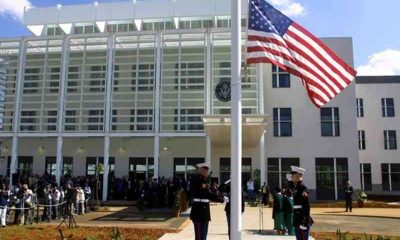
 Nairobi1 week ago
Nairobi1 week agoUS Embassy in Nairobi Closed Monday for President’s Day Federal Holiday
-
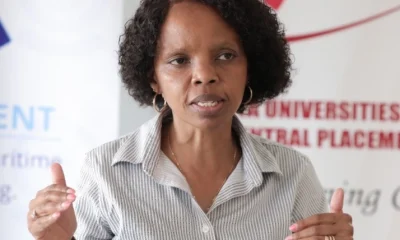
 Education1 week ago
Education1 week agoKUCCPS Releases Subject Requirements for All Degree Clusters: What Students Must Know Before Applying
-
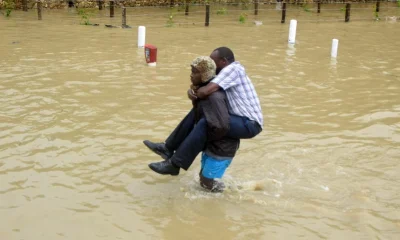
 Forecast1 week ago
Forecast1 week agoWill It Rain This Week? Heavy Downpours Expected in Central Kenya, Rift Valley and Coastal Regions
-
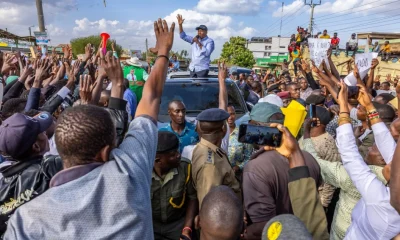
 News1 week ago
News1 week ago‘My Position is Safe’: DP Kindiki Shuts Down Political Speculation
-
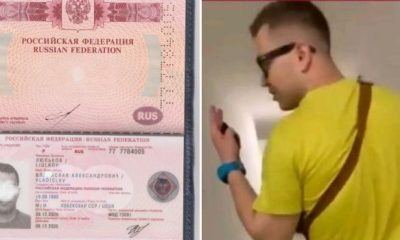
 Gossip4 days ago
Gossip4 days agoRussian Man’ Unmasked: Govt Officially Names Vladislav Luilkov in Non-Consensual Recording Scandal




